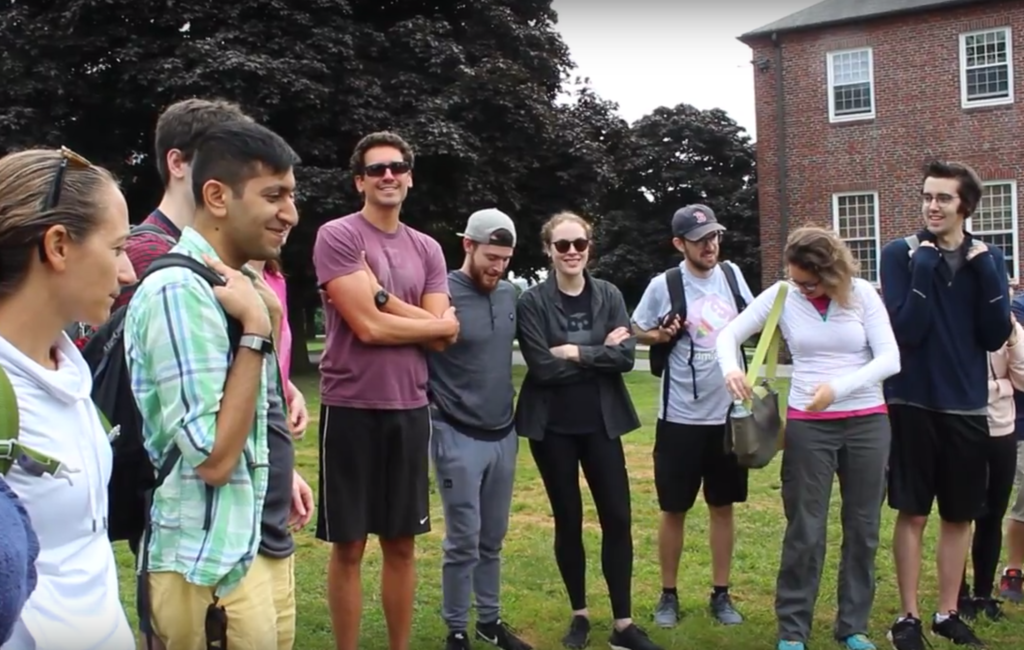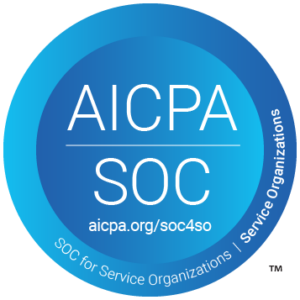When I showed up to college on move-in day, I was nervous. As a first-generation college student, I thought to myself, “Would I fit in? Would the other students accept me? Am I even good enough to be here?”
As I settled into my dorm, my anxiety grew. It felt like everyone I met had parents who were professors, or business moguls, or doctors, or whatever. My dad was an electrician and my mom worked the occasional temp job. I told myself I didn’t belong here.
Then I went to my first class. I listened to student after student add colorful, intellectual banter to the conversation, and I shrank even more. Over time, imposter syndrome shaped not just my college outlook — it started shaping my outcomes too.
Like so many first generation students, I struggled to find my place in the campus community. I started out as an engineering major because I was always strong in math and science, and my parents told me it was the best path to financial success. But multivariable calculus put an end to that plan in short order.

What’s worse, I was so scared to tell my family I was failing that I hid my academic plans from them for more than two years.
I never sought help. I didn’t even know where to find it. I just kept thinking I was “less than.” At least that was the story I kept telling myself.
A student’s sense of belonging on campus can directly influence their academic success, persistence, and well-being.
Today, AdmitHub is collaborating with colleges across the country to develop strategies to help all students stay on track as they walk their own path through college.

We’re drawing big insights from tiny interactions to understand the college experience through the lens of the student.
What process mazes are they expected to navigate? How are communication lines drawn for them across the college? What resources are available to them?
As we break down the transactions of their daily experience, we also link them to transformational themes like grit, belonging, curiosity, and accomplishment.
So while we help them navigate the complexity of college, we’re also helping to transform would-be imposters into proactive self-advocates.
It’s exciting to think of all the fun ways to engage students through the technology they use most to support them along their way through higher education.
Because the truth is, while all of us may feel like imposters at times, we’re all capable of great success. We all just need a little assistance from time to time to encourage us to keep going, to nudge us to take action, and to remind us that we do, in fact, belong.

